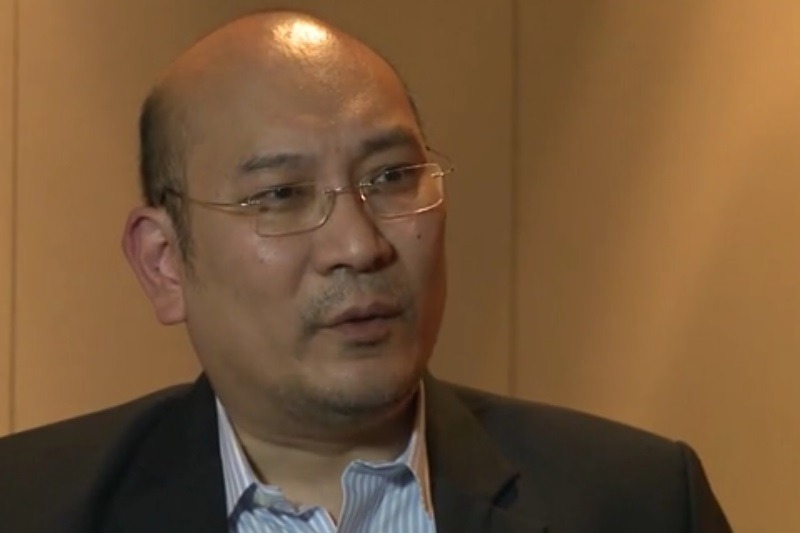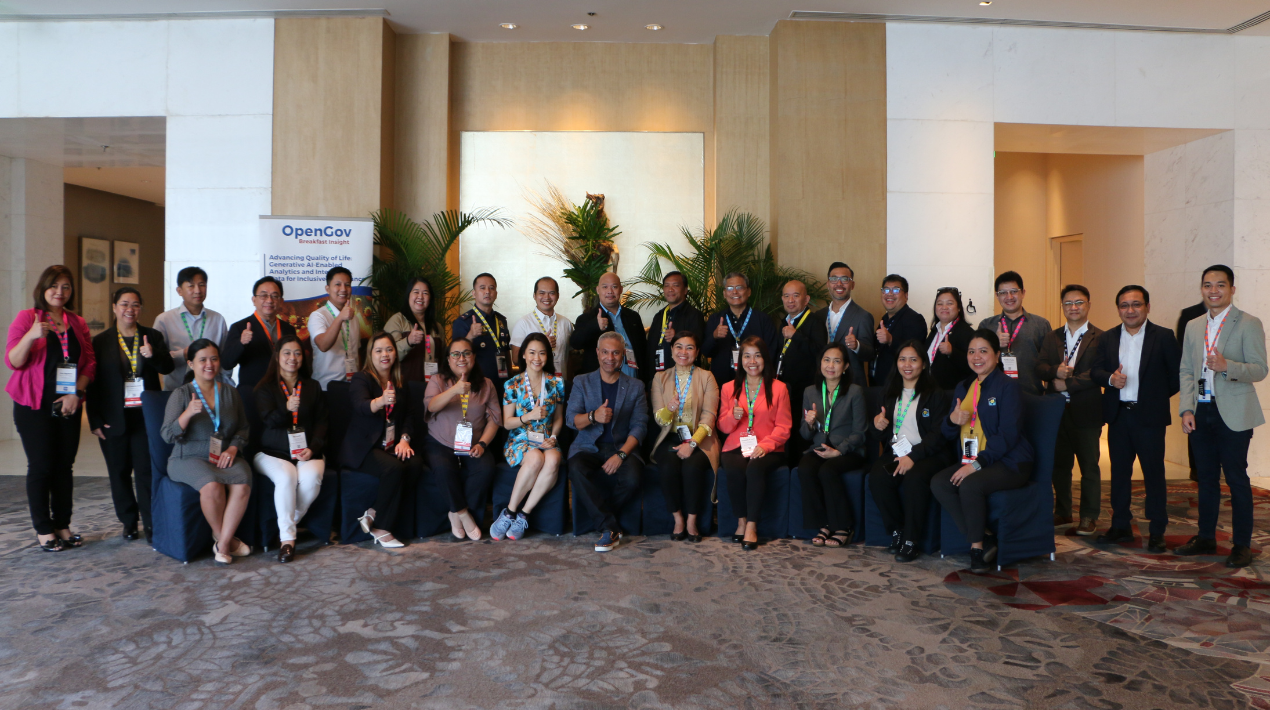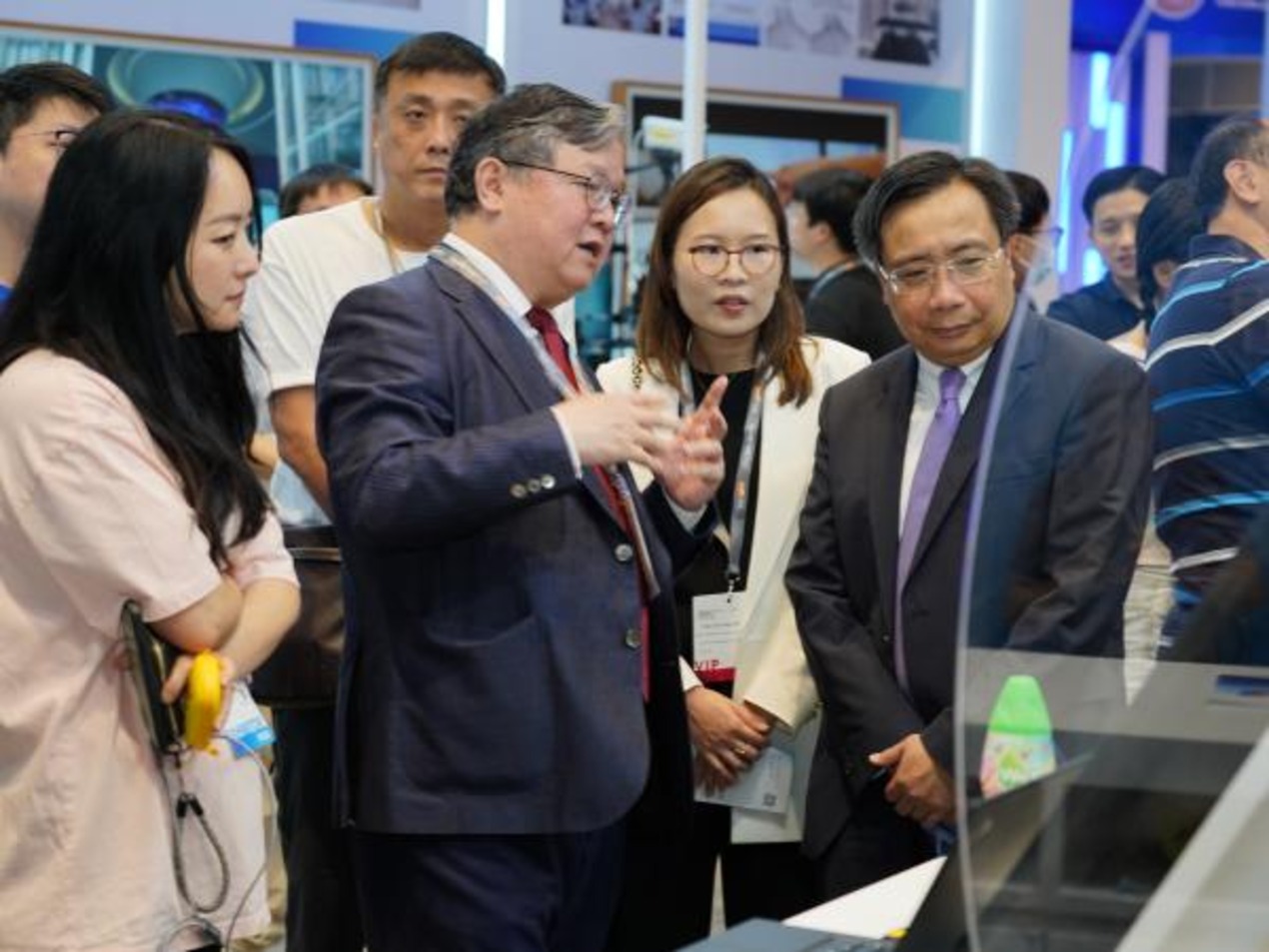
As ICT in health is increasing, governments across the region are still strategising ways to integrate more technology into their healthcare systems. The Philippines is one country which is leading some of these efforts towards greater eHealth integration.
The Asia eHealth Information Network (AeHIN) works to promote better use of ICT to achieve improved health through peer-to-peer assistance, knowledge sharing, and learning. They operate through a regional approach for greater country-level impacts across South and Southeast Asia.
To learn more about the role of AeHIN and the development of eHealth in the Philippines, OpenGov reached out to Dr. Alvin Marcelo, Chair of the Asia eHealth Information Network, Member of the National eHealth TWG, and Director of the University of the Philippines Manila National Telehealth Center.
Dr. Marcelo has conducted extensive research on eHealth and the development of health information systems, at a local and international level. He is currently working on the Philippine National Health Information Infrastructure, which is an effort to establish the standards for health information for the country.
IT governance in eHealth is expected to be an emerging topic and will have increased interest from decision makers.With this, comes heavy investment in ICT and risk management solutions, which requires the adoption of proper IT governance.
“Subsequently, these decision makers will create project management capability to implement their eHealth programs,” Dr. Marcelo said, “Generic enterprise architectural artifacts will permeate the government health sector and this will entice private sector to do the same.”
To tackle this, the Asia eHealth Information Network – comprising of four countries – hopes to build capability for health information interoperability through reference labs.
“These labs will have a dual mandate to first, align to a regional enterprise architecture while second, make these available to their local stakeholders,” Dr. Marcelo exclaimed, “We anticipate eHealth implementers in those countries to seek out these interoperability labs and understand how interoperability will work in the local context.”
To drive further ICT integration throughout healthcare, the Asia eHealth Information network acts as a learning network with shared visions and principles for the future of health ICT.
It is important to build the knowledge capacities across these countries, because many of them deal with similar healthcare development issues and concerns. To effectively deal with the upper echelons of government, they must be able to elaborate on the benefits and results of greater ICT integration.
“This network of advocates in turn creates compelling standards-based applications that convince stakeholders of the value of IT,” Dr. Marcelo stated.
The field of eHealth and healthcare ICT has changed a lot over the past few years. With the conception of cloud and virtualisation platforms, it seems that more substantial efforts must be made by the Asia eHealth Information Network.
“The promise of cloud and virtualization have made it more evident that the real bottleneck to many national eHealth programs are the capability of key (non technical) decision makers to govern over IT,” Dr. Marcelo told us,
“Without the guidance of frameworks, stakeholders can easily be overwhelmed by the complexity of eHealth. But with IT governance, they can receive (and provide) assurance that the IT investments are being put to good use.”
Nonetheless, Dr. Marcelo is motivated that the work he does will make a greater impact on the wider community.
“The pleasure of seeing different sectors of society often with competing agenda coming together to make eHealth work for the people,” stated Dr. Marcelo,
“Ultimately, we are all citizens of Asia and better health systems through ICT will be a boon to our communities.”



















